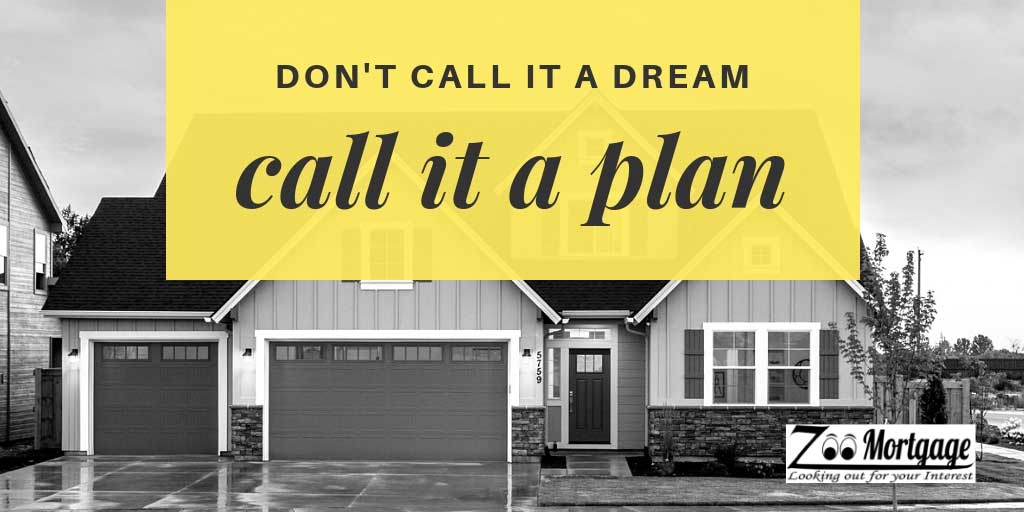
Luciano Giustini
Mortgage Agent
416-807-5630 | Email
Why buying your first home during inflationary times is good
Making Dreams A Reality!
Quick Links
Latest News
Blog
Blog Post Categories
Prepare for Mortgage Renewal in 2024 and 2025: Tips for GTA Homeowners (1)Announcements (4)
Financing (3)
First Time Home Buyers (10)
Home Ownership (5)
Miscellaneous (14)
Mortgages (4)
Real Estate (8)
Blog Post Archives
August 2025 (1)December 2024 (3)
November 2024 (1)
July 2024 (1)
June 2024 (1)
January 2022 (1)
April 2020 (1)
March 2020 (2)
February 2020 (2)
January 2020 (2)
December 2019 (1)
November 2019 (2)
October 2019 (2)
September 2019 (2)
August 2019 (2)
July 2019 (2)
June 2019 (2)
May 2019 (2)
April 2019 (2)
March 2019 (2)
February 2019 (2)
January 2019 (2)
December 2018 (2)
November 2018 (2)
October 2018 (2)
September 2018 (2)
August 2018 (1)
October 2011 (2)
Are you a first-time homebuyer concerned about rising inflation? It's understandable to have some reservations, but rest assured that there are still plenty of reasons why buying your first home is a great idea, even during inflationary times.
Firstly, Canada's housing market has historically been stable and resilient, even during economic downturns. This means that homeownership remains a reliable investment in the long run, and you can feel confident in your decision to buy a home.
Secondly, the Canadian government offers programs and incentives to help first-time homebuyers get into the market, such as the First-Time Home Buyer Incentive and the Home Buyers' Plan. These programs can help you get a foot in the door and make homeownership more accessible and affordable.
Additionally, as inflation drives up the cost of living, owning a home can provide a sense of stability and predictability in your monthly expenses. Unlike renting, where landlords may increase your rent at any time, owning your home means that your monthly mortgage payment will remain the same for the duration of your mortgage term.
Finally, by owning a home, you can build equity and wealth over time, which can help you achieve your long-term financial goals.
As a mortgage broker, I can help you navigate the Canadian housing market and find the best possible mortgage deal for your unique financial situation., now could be the perfect time to take the leap into homeownership.
So if you're a first-time homebuyer, don't let rising inflation discourage you from achieving your dream of homeownership. Contact me today to schedule a consultation and start your journey towards owning your first home.

While purchasing a home qualifies as the largest acquisition in many peoples' lives, it doesn't have to invoke anxiety. As long as you know what to expect, you'll be set to become a successful homeowner. The following questions and answers cover what you need to know before making this important decision.
What Credit Score do I Need?
Since underwriters review complete loan files and assess financial risk as a whole, the credit score acceptance depends on the lender. However, it usually takes a minimum of 660 to qualify for a mortgage. Lower scores don't negate a mortgage, but they will cause higher interest rates. Lenders might make exceptions if you have considerable savings or minimal debt.
Where Do I Start?
Before applying for a mortgage, you might wonder for what you can qualify. That's why you contact a lender, usually a bank or mortgage broker. The process involves two steps: prequalification and preapproval. While many customers use the two terms interchangeably, they have important differences.
What is a Prequalification?
Prequalification analyzes information provided by buyers via phone or internet and doesn't involve any verification nor cost. Since there's no credit check, it won't lower your score. During this process, a lender can clarify mortgage options and recommend the best ones. You will receive a prequalified loan amount that's solely based on figures provided. While it doesn't guarantee approval, this letter functions as the minimum requirement when making offers later on.
What is a Preapproval?
Preapproval requires an application, a credit check, and verification of financial background. The goal is to specify a buyer's creditworthiness and his ability to pay back a loan amount. This process might cost a few hundred dollars and requires submission of all supporting documentation. It will yield a written conditional commitment for a specific loan amount, and you might be able to lock in the interest rate. When it comes to making offers, sellers prefer a preapproval over a prequalification.
What Can I Afford?
Getting a pre-approved loan amount doesn't necessarily mean you ought to look for a home of that value. A monthly mortgage payment should not exceed one-fourth of the monthly income. Keep in mind that this sum has to include applicable fees and taxes. Ask the lender to compute the monthly payment for you, or use an online mortgage calculator.
How Much Down Payment Do I Need?
The down payment functions as proof of your commitment to make all payments on time. While you can use gifted or windfall money, you can't finance this expense. Paying more down than minimally required can lower interest rates, eliminate the need to pay private mortgage insurance and reduce monthly payments.
Before deciding to go house shopping, these tips can help prepare you. Make sure to take care of any credit issues beforehand. Remember that a home comes with maintenance costs, so plan to have an emergency fund on hand to cover repairs.

